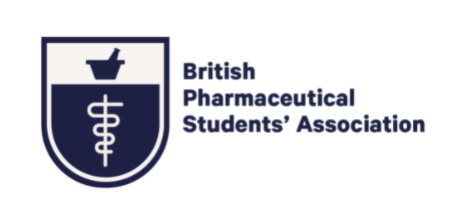5 study tips I wish I had known as a fresher!
Your first year of university will probably be a bit of a crazy year. Not a bad crazy, just… enjoyably chaotic. Starting university is a big life change, and despite the main purpose of it being to study, it can become less of a priority when there are so many other things going on! Adding to this, studying at university level, especially on a pharmacy degree, is quite different from A-Levels. Academically, my first year wasn’t brilliant but I improved a lot in my second year and have learned a lot about how to succeed as a pharmacy student! Here are five[1] study tips that I wish I had known in my first year.
1. Structure your study sessions properly. When you sit down at your study space of choice, make sure you know exactly what content you are going to cover. Assign yourself break times and a cut-off point when you will stop altogether. I would try and tell myself I was going to study ‘all day’, with no specific topic that I was going to cover or end time in sight… I would waste most the day checking my phone or staring into space! It is easier to be productive when you know exactly what you’ve got to do and only a certain amount of time in which to do it. This brings me onto point number 2…
2. Be realistic. In an ideal world, yes, being able to focus on studying for 15 hours at a time, or memorise word for word a whole chapter of a pharmacology textbook, would be very helpful. But unless you are a super-human, you probably won’t be able to. It is not realistic. The problem with setting unrealistic goals is that they can put you into a negative mind-set, making you feel as though you aren’t achieving. So, start small! Any progress, no matter how small, is progress.
3. Focus on understanding content, not rote memorisation. I spent a lot of time in my first year trying to memorize facts. For one unit alone, I made 600 flash cards… it was probably a waste of my time. This is not to say flashcards are useless, but that understanding a whole concept is a much better way to approach memorising a topic. Think of it as seeing the whole puzzle, instead of just random pieces (if you’ll excuse my cheesy metaphor). Test your understanding by explaining a process aloud to yourself or a friend, or scribble down a diagram. You’ll very quickly find where the gaps in your knowledge are!
4. Try a variety of study methods. Different methods work better for different topics. For some more fact-based topics, I found that typing summaries of key facts and re-reading them helped me, but when studying a disease or process, it made much more sense for me to draw diagrams and flow-charts. Different things work for different people. Don’t feel as though you must stick to one approach!
5. Balance is key. Yes, studying is important. But it becomes a useless activity if you are not making time to relax and rejuvenate. Being burned-out is not nice at all, and will hinder your productivity at the very least! Make time to do fun things, whether it’s going on a night out or staying in with a cup of tea and a film. Your brain will thank you for it!
I hope these tips are helpful and good luck; I wish you all the best of luck this academic year!
